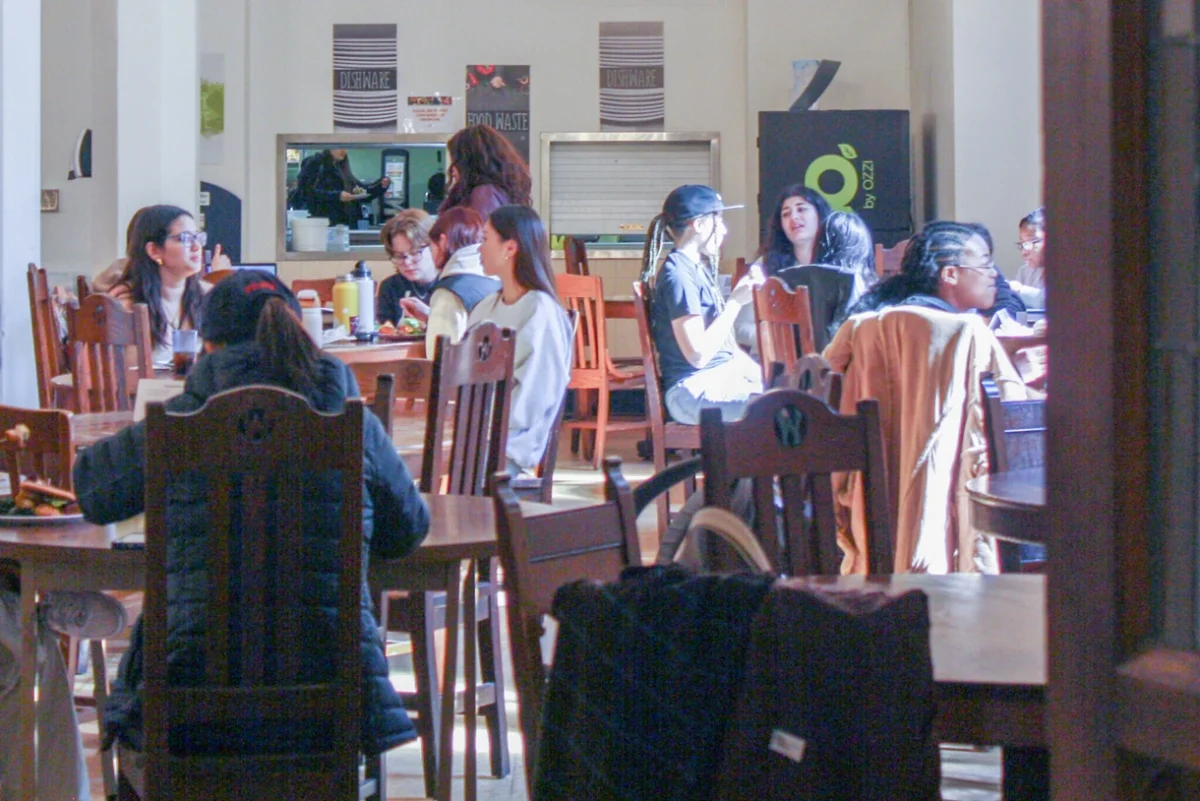Cw: mentions of sexual assault
Most college sexual assaults take place between August and November, according to the Rape, Abuse & Incest National Network (RAINN), the nation’s largest anti-sexual assault organization. During the time of high risk known as the “red zone” perpetrators are most likely to target students in their first year of college. As the first few weeks of the semester begin, students at Wellesley College should know that if they do experience sexual misconduct, there are a variety of institutional resources and support systems that are available for them.
The Title IX law was passed as part of the 1972 Education Amendments Act, prohibiting any discrimination in education based on sex. Under the Obama administration, Title IX has been used to investigate how colleges handle sexual assault accusations, because sexual harassment and assault is a legally recognized form of sex discrimination. Thus, under Title IX, colleges are responsible for thoroughly examining sexual harassment and assault allegations.
Wellesley College’s Title IX program began in 2011. The College’s Title IX office is a place where any member of the Wellesley College community can report potential sexual misconduct incidents. The office works to complement other departments and activities at Wellesley, such as athletics, academic departments and Residence Life, but provides specific and dedicated resources for handling sexual misconduct incidents.
Janet Faulkner has been the Interim Director of Nondiscrimination Initiatives, Title IX Coordinator and 504 Coordinator at Wellesley College since March 2019, and has more than 20 years of experience working in higher education. As Title IX Coordinator, Faulkner is engaged in a variety of work that ensures Wellesley College’s Title IX compliance.
“I present training sessions and presentations about how to address sexual misconduct and I work with other departments to address active concerns or plan proactively to make sure Wellesley’s programs are up to date with best practices,” Faulkner said.
Faulkner also shares information about on and off campus resources with individuals who may have experienced sexual misconduct, as well as to persons accused of sexual assault, witnesses and incident reporters.
“It can be difficult to take the step of sharing information that someone may be in a problematic situation. If information is shared with this office, it is treated sensitively,” Faulkner said.
The resources offered to victims of sexual misconduct by the Title IX office are vast and comprehensive and include contact information for police departments, information about medical facilities and places with trained specialists to talk to about sexual assault. These resources are not restricted to students who have experienced sexual misconduct on campus they are also available for students who have experienced sexual misconduct on another campus or while away from Wellesley. Over 75 percent of incidents reported to the Title IX office have occurred off campus.
“Sometimes reports are received about sexual misconduct that a student experienced before they arrived at Wellesley, or during school breaks. The incident may be impacting the student at a later time,” Faulkner said.
The Title IX office is not only open to individuals who want to report sexual misconduct incidents. It is also a place for those who would like to discuss situations during which conduct occurred that they are unsure constitutes sexual misconduct. Students are welcome to visit the Title IX office to simply discuss what has happened and what support they will need moving forward.
“A student can share information about an experience, but they don’t always decide to file a claim. A student always has the right to decide whether they want to pursue a complaint,” says Faulkner.
Students can file complaints of sexual misconduct on the Title IX online reporting form. Wellesley College’s Student Sexual Misconduct Policy is also available on the office’s website, where it can be reviewed by students who are unsure if their situation falls under the policy. Once a formal sexual misconduct complaint is filed with the Title IX office, the complaint will be handled through the investigation procedure in the Student Sexual Misconduct Policy.
The Title IX Office also works to empower students to prevent and end sexual misconduct.
“In this office’s training, we talk about how bystander intervention can help prevent a sexual assault from occurring. I’ve heard the term ‘upstander’ used, which is a great way of focusing on how a person can stand up for another individual to help keep them safe. We frequently provide training to student leaders about the opportunities they have to prevent and respond to issues of sexual misconduct,” Faulkner said.
In addition to the Title IX Office, the Physical Education, Recreation and Athletics Department (PERA) and the Office of Student Wellness offer training to prevent sexual assault from occurring and offer support to victims of sexual assault. Health Services, the Stone Center and the Office of Religious and Spiritual Life are the three on-campus spaces where students can be assured that whatever they discuss regarding their sexual assault will remain confidential.
The College Health Service is a confidential resource that provides medical services for students who have experienced sexual assault. During regular hours, students can see a clinician who can present their options, explain time-sensitive medical issues, and assist in providing medical care for injuries, pregnancy prevention, sexually transmitted infections prevention or treatment and collection of forensic evidence.
“We provide both medical and emotional support to any person who has experienced sexual assault. Pregnancy prevention and STI evaluation are both time-sensitive issues, and the sooner we can address them, the better. But we do understand that sometimes students are not ready to discuss an assault, so whenever they are, we are here for them. It’s never too late to get checked,” said Dr. Sarah Rosenberg-Scott, the interim medical director of Health Services.
After a student has experienced sexual assault, they should immediately reach out to friends, the police, or anyone else for help and to ensure that they are safe.
“Once a student knows that they are safe, they can decide if they would like medical care or to report the assault. The Health Service can help with any physical concerns or injuries, STI and pregnancy prevention, and gathering of evidence if needed. The sooner after an assault that we can address these issues, the better they work so we are ready to see any student for this, as soon as they are ready,” said Dr. Rosenberg-Scott.
Beyond seeking immediate medical attention, victims of sexual assault should make sure they have someone they feel safe talking to.
“Students also may find counseling services helpful. It is important that a student find someone they trust to talk to about the incident,” said Faulkner.
Students can also report sexual assault incidents to the Wellesley College Police Department or the local police department. Campus Police is available 24 hours a day and can assist victims in accessing emergency medical care. For students experiencing relationship violence or domestic violence, they may want to go to a court to apply for a protective order. The Wellesley College Police Department can help students navigate the first steps in this process.
Students who have experienced sexual assault should know that they are not alone and that there are a vast number of resources available for them.
“I’ve been heartened to see how much everyone in the Wellesley community has adopted the philosophy of being open and available if a student would like to share information, and then bringing that information to the attention of the Title IX Office so the person can receive resources. These offices all are trusted first points of contact,” said Faulkner.
Students can file complaints through the Title IX online reporting form: https://www.wellesley.edu/administration/offices/titleix (under “Report”). Students can also email Title IX Coordinator Janet Faulkner at [email protected], or call her office at x2451. Students can also visit Ms. Faulkner in Schneider Hall.
Correction: A previous version of this article misquoted Janet Faulkner. The quote has been corrected to read: “A student can share information about an experience, but they don’t always decide to file a claim.”





